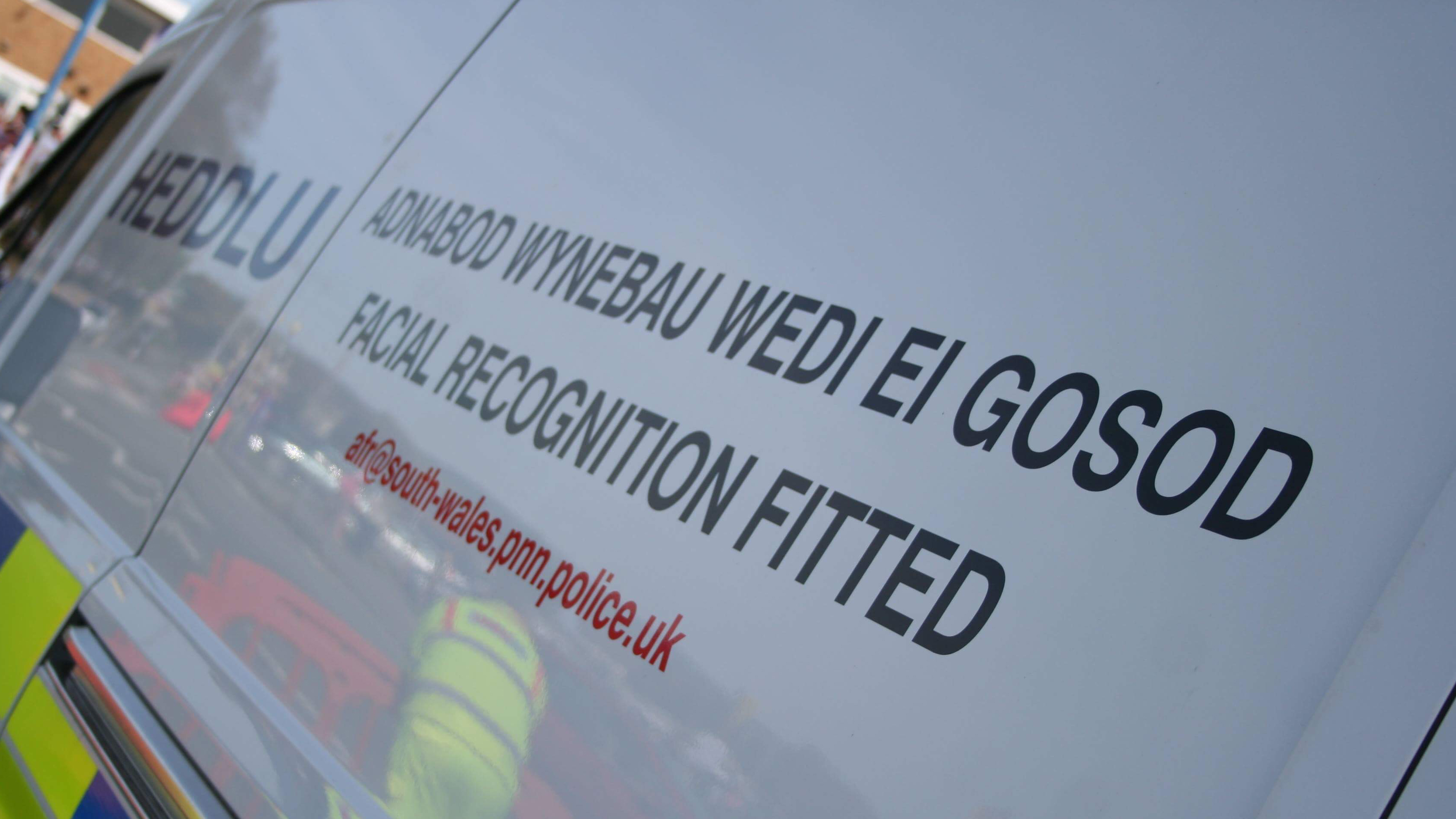
Sign up for breaking news, reviews, opinion, top tech deals, and more.
You are now subscribed
Your newsletter sign-up was successful
South Wales police claim facial recognition technology has been improved by a new algorithm after its false-positive reading dropped from 92% to 0.02%, resulting in the arrest of someone with an outstanding warrant at a festival of thousands.
According to a freedom of information request made by Wales Online, South Wales police scanned over 40,000 faces during Swansea’s Biggest Weekend festival and only had 10 false-positive reading - arresting one person for an outstanding warrant as a result of identification.
As Wales Online points out, this is a massive improvement on last year’s Champions League Final which seen over 2,000 people wrongly identified as criminals.
"We have been provided with a new algorithm and application by our supplier, NEC, which has 12 months more research and development from the project’s initiation,” South Wales police said in a statement to Wales Online."With each deployment of the technology we have gained confidence in the technology and this has enabled the developers at NEC to integrate our findings into their technology updates."

Why do the police use facial recognition?
Automated facial recognition (or AFR) is typically a camera attached to police vehicles which automatically scans the faces of those who come into its field of vision. The faces are then compared to a database of faces the police are looking for based on identifying features such as race, age and facial features.
The technology is used at airports and law enforcement to find criminals. South Wales police were the first force in the UK to pilot test the software on duty.
- Catch up on all the latest tech announcements coming out of IFA 2018
Sign up for breaking news, reviews, opinion, top tech deals, and more.
An award-winning games journalist, with seven years of experience in games journalism and a degree in journalism from City University, London, Vic brings experience from IGN, Eurogamer, The Telegraph, VG247, Dot Esports and more to the TechRadar table. You may have even heard her on the radio or speaking on a panel, as she’s previously appeared on BBC Radio 4, BBC Radio 5, BBC Radio Ulster and more. Not only is Vic passionate about games, but she's appeared on both panels and podcasts to discuss mental health awareness. Make sure to follow her on Twitter for more.